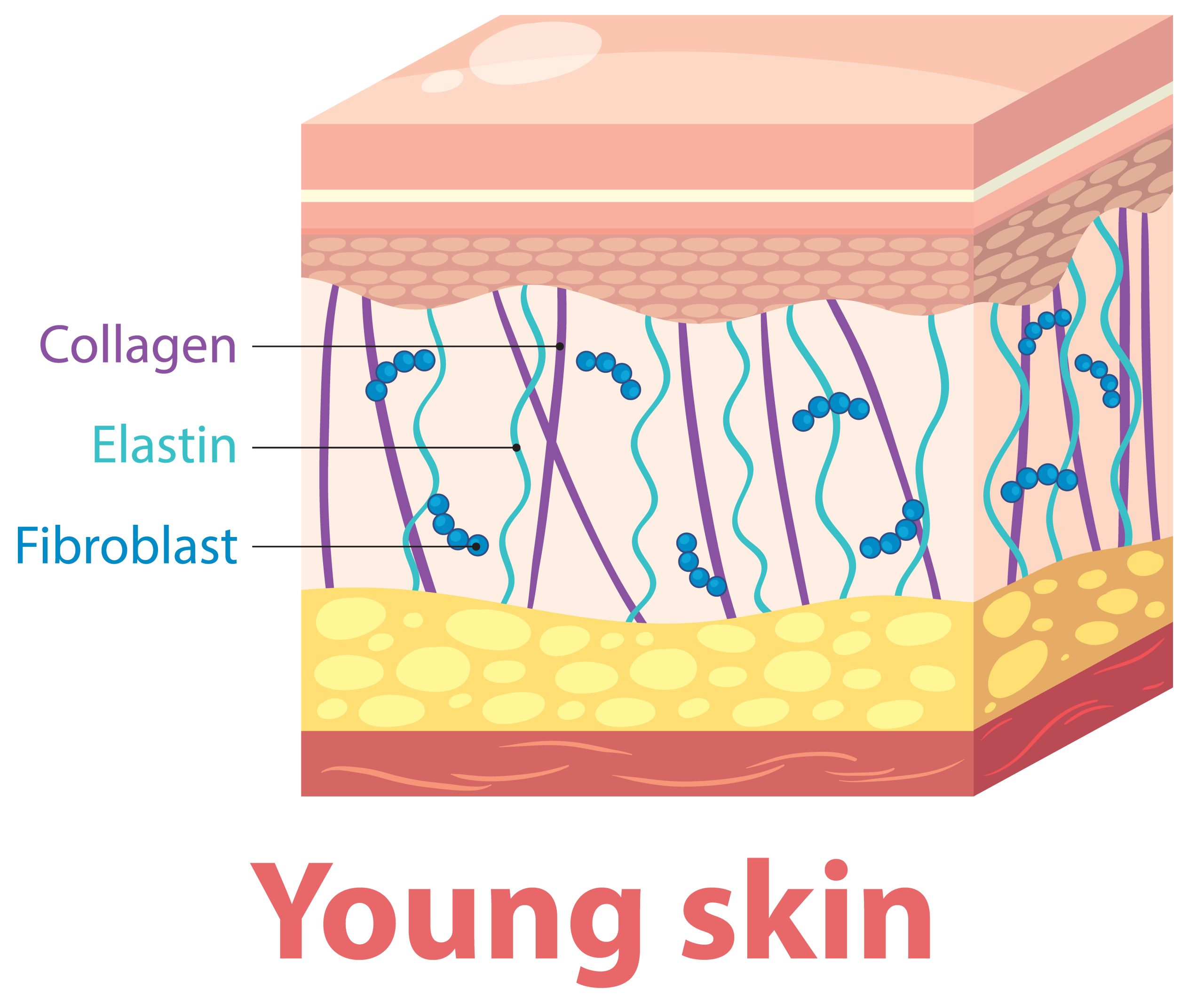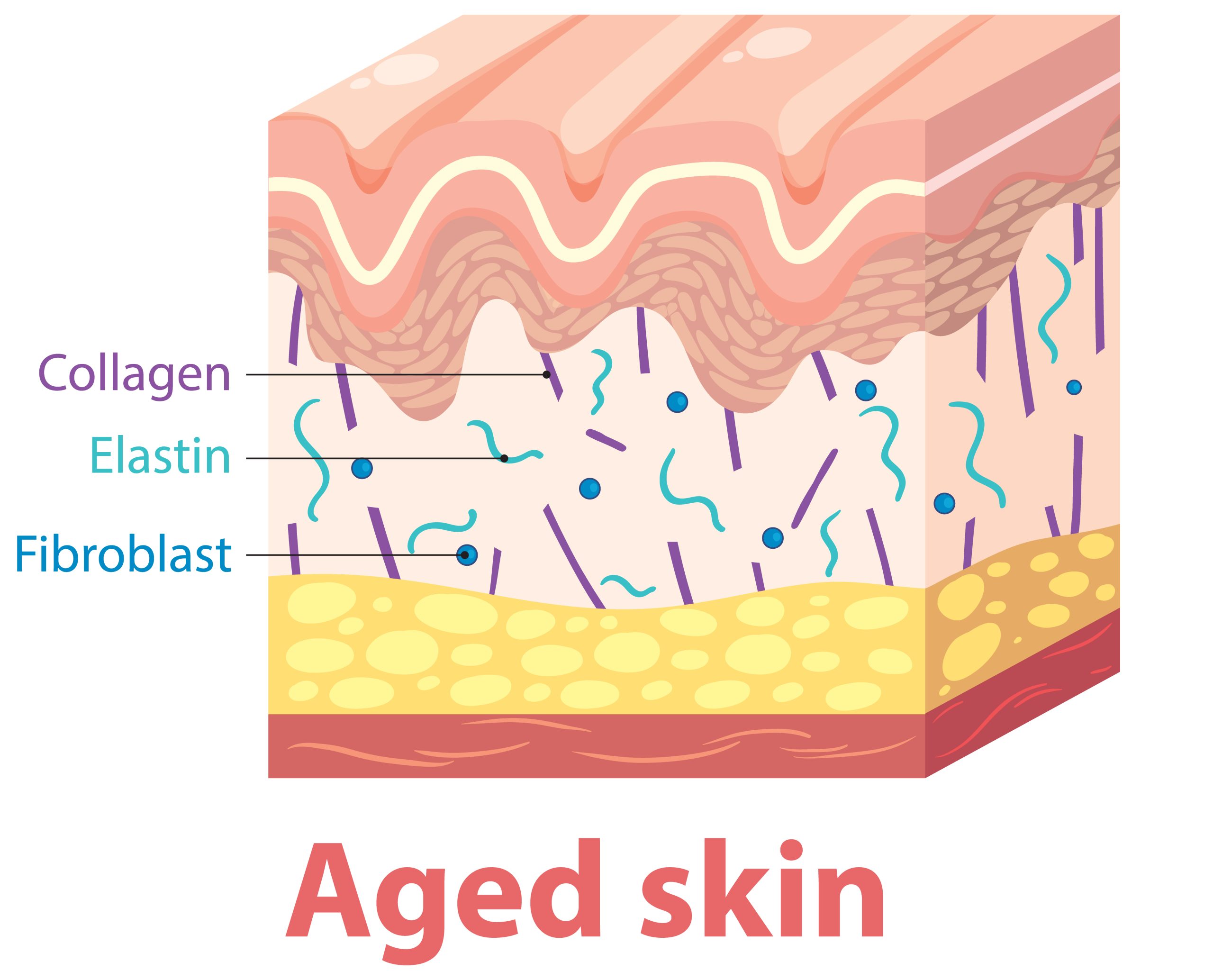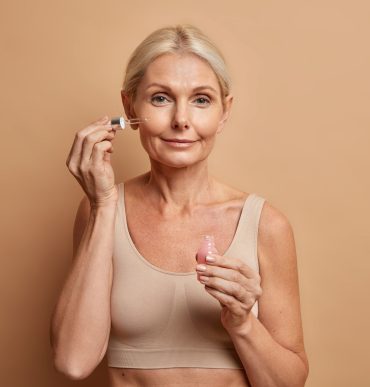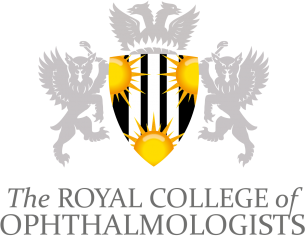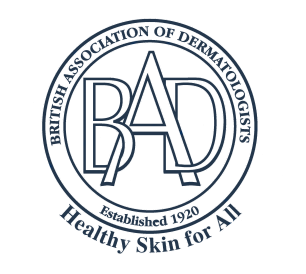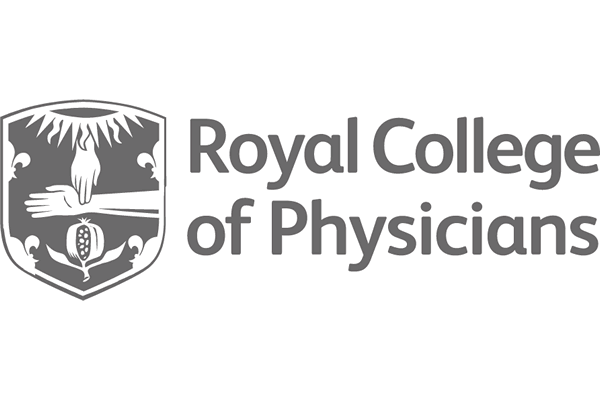Collagen is the building block of skin. It helps with healing, repairing, making new cells, and more. The body makes it naturally, but levels decline with age. Fortunately, you can learn how to stimulate collagen production in the skin in other ways, from dietary changes to specialist treatments.
What Does Collagen Do For Skin?
Collagen plays numerous roles which include:
- Stimulating and fuelling the growth of new skin cells so that old, damaged, and dead ones are more easily replaced which is crucial for healing wounds and fading scars.
- Infusing the skin with its most desirable properties—strength, firmness, and elasticity—which help to battle the signs of ageing.
- Strengthening skin barriers blocks dirt and germs, reducing the risk of infection and helps keep the skin hydrated.
A sufficient supply of collagen is necessary to get the most out of these positive effects. That is not necessarily a problem in your younger years, as the body produces a healthy amount of collagen. However, that amount decreases with age and exposure to certain environmental or lifestyle factors (exposure to lots of sunlight, for instance).
That is why, later in life, it is essential to figure out how to naturally produce collagen in more significant quantities or introduce it to your body via other means to continue enjoying its effects. If not, symptoms of low collagen can include more wrinkles and fine lines, sagging skin and having skin that looks and feels older, weaker and drier, and slower wound healing.
Eat collagen-rich foods
Some examples of protein-rich foods are:
- Chicken: Chicken is well-known as one of the best protein sources, with plenty of grams per portion. It has high amounts of collagen, which is present in all those connective tissues that can make chicken quite a stringy sort of meat. Fish: Another lean, healthy protein source. It absorbs quickly and efficiently into the blood, so you get the most from every gram.
- Eggs: Egg whites are almost pure protein and they are rich in an amino acid called proline, one of the building blocks for collagen.
- Citrus: Plenty of fruits and vegetables rank high in nutritional value and stimulate collagen production. Citrus fruits are arguably the best of all. That means oranges, lemons, limes, grapefruits, etc.
- Garlic: Garlic Contains lots of sulphur, an essential mineral in synthesising collagen molecules and preventing existing collagen from breaking down.
Protect Your Skin from UV Damage
The sun is not collagen’s best friend, nor is it great for skin in general. A little exposure to sunlight is fine and helps stimulate vitamin D production. But too much – especially without protection – deals a lot of damage, both on the surface and to the deeper parts of the skin. It dries cells and inhibits collagen production.
To mitigate these risks:
- Always use sunscreen on sunny days, even when it is not hot.
- Try to take breaks from sun exposure and spend time in shady spaces or inside.
- Wear protective clothing and accessories – hats and glasses – to protect your skin.
- Use suntan lotion or sunscreen before sun exposure, with at least factor 30.
Advanced Methods – Laser for Collagen Stimulation
We have seen some simple, traditional options. Now, let’s look at a more advanced and modern form of collagen stimulation treatment: laser treatment.
What Is Laser Treatment Good For?
Laser treatment involves using focused beams of light targeted at critical areas of the skin to produce various benefits. It is excellent for helping scars fade or treating patches of skin that are weak, damaged, or discoloured.
The laser essentially stimulates the skin’s natural healing and regenerative processes. A laser to remove scars, for example, can help new cells develop and replace the old, damaged, scarred skin layers. This also works on sun damage, acne scars, wrinkles, and more.
Some specific lasers—like CO2 or fractional lasers—can boost collagen production. With more collagen, you can enjoy smoother, firmer, and more youthful skin without the need for major lifestyle changes or medications.
A significant aspect of laser treatment is that various laser types are available, and intensities can be adjusted to suit each patient’s skin type, sensitivities, and needs. It is not a one-size-fits-all solution; laser treatment is surprisingly variable and can work for almost anybody.
Lumenis UltraPulse® CO2 Laser
The Lumenis UltraPulse® CO2 is one of the best lasers for collagen stimulation therapy.
Widely regarded as the gold standard in skin laser technology, it functions on scars, burns, and signs of ageing (wrinkles and fine lines). It works by actually causing a light and controlled injury pattern on the skin which triggers the skin to respond by making extra collagen to repair the damage. Once the repair is finished, the skin is left looking and feeling younger and smoother.
Holistic Approach to Boost Collagen Production
There are many ways to stimulate collagen production. However, relying on just one will likely not help you get the desired results. Instead, it is much wiser to take a holistic approach, adopting as many collagen-boosting lifestyle changes as you can manage while also considering more direct treatment modes suitable for your skin type—like laser therapy—to achieve and maintain genuine long-term results.



